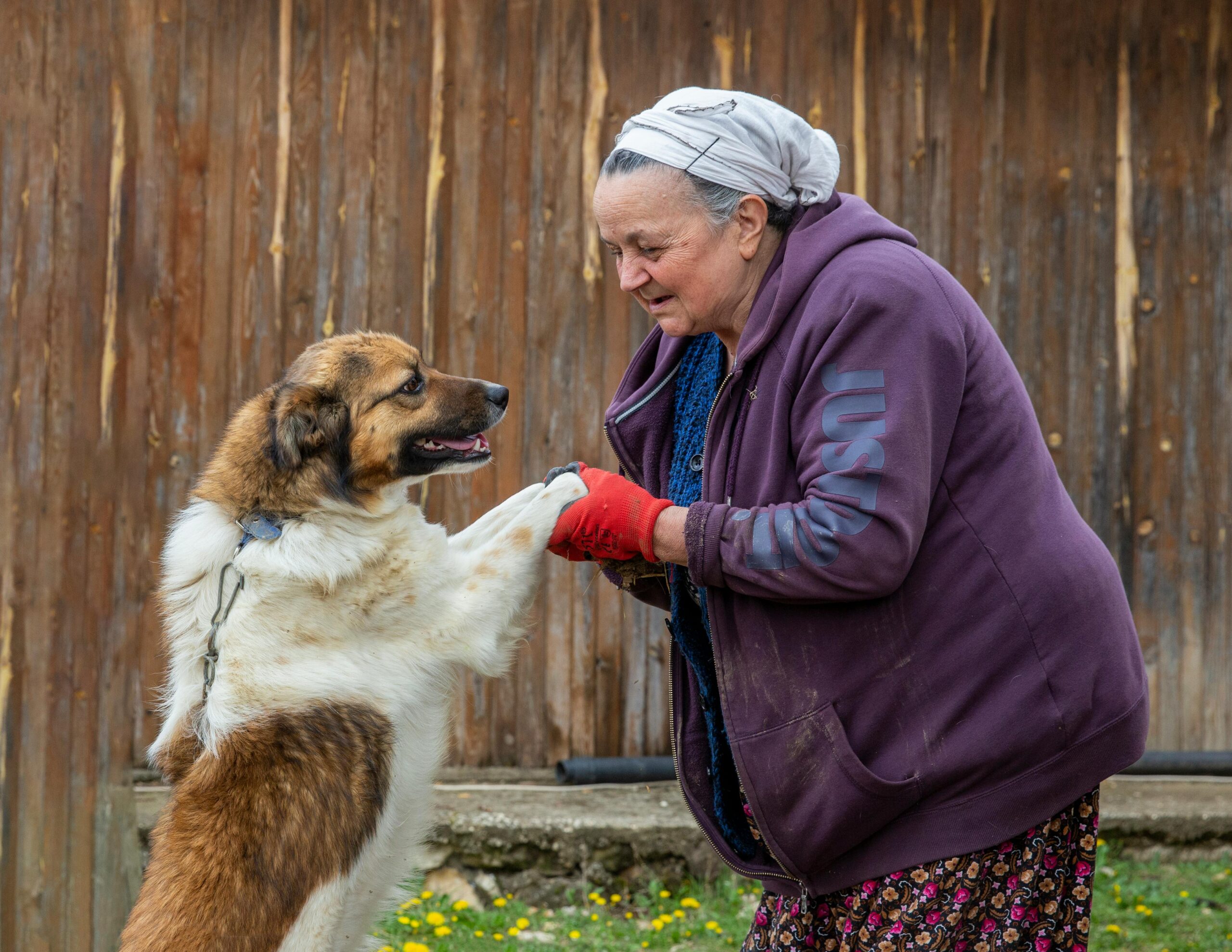Senior Pets: How to Provide the Best Care and Comfort in Their Golden Years
As our beloved pets age, they may require a little extra love and attention to ensure their golden years are comfortable and enjoyable. Just like humans, senior pets have unique needs that require careful consideration and adjustment. In this article, we’ll explore how to provide the best care and comfort for your senior furry friends, helping them maintain their quality of life and companionship for as long as possible.
Understanding Senior Pets:
First and foremost, it’s essential to understand what qualifies a pet as a senior. While the exact age at which a pet is considered senior varies depending on factors like species, size, and breed, most dogs and cats are generally considered seniors around the age of 7 or 8. Larger breeds tend to age faster and may be considered seniors as early as 5 or 6 years old.
Signs of Aging:
As pets age, they may experience changes in behavior, mobility, and health. It’s crucial for pet owners to be aware of these signs and symptoms so they can provide appropriate care and seek veterinary attention when necessary. Some common signs of aging in pets include:
-
Reduced activity levels
-
Stiffness or difficulty moving
-
Changes in appetite or weight
-
Increased thirst or urination
-
Dental issues
-
Vision or hearing loss
-
Cognitive decline, such as confusion or disorientation
Providing Comfort and Support:
Once you’ve identified that your pet is entering their senior years, there are several steps you can take to provide them with the care and comfort they need:
-
Regular Veterinary Checkups: Schedule regular wellness exams with your veterinarian to monitor your pet’s health and catch any potential issues early.
-
Balanced Diet: Senior pets may have different nutritional needs than their younger counterparts. Choose a high-quality, age-appropriate diet that supports their aging bodies and helps maintain a healthy weight.
-
Joint Health: Many senior pets suffer from arthritis or other joint conditions that can cause pain and discomfort. Consider supplements or medications recommended by your veterinarian to support joint health and mobility.
-
Comfortable Surroundings: Make small alerations to your home environment to adjust to your senior pet’s needs. Provide soft bed, easy access to reach their food and water supply, and suitable surfaces to prevent falls and maintain balance.
-
Mental Stimulation: Keep your senior pet’s mind engaged with interactive toys, puzzle feeders, and gentle exercise. Mental stimulation can help stave off cognitive decline and keep your pet happy and alert.
-
Dental Care: Dental issues are common in senior pets and can lead to pain, infection, and other health problems. Maintain good dental hygiene by brushing your pet’s teeth regularly and scheduling professional cleanings as needed.
-
Quality Time: Spend quality time with your senior pet, providing plenty of love, attention, and affection. Gentle grooming sessions, leisurely walks, and cuddle time on the couch can all strengthen your bond and improve your pet’s well-being.
Senior pets hold a special place in our hearts, and it’s our responsibility as pet owners to ensure they receive the care and comfort they deserve as they age. By understanding their unique needs and making adjustments to accommodate them, we can help our senior furry friends enjoy their golden years to the fullest. With love, attention, and proper care, our senior pets can continue to be cherished members of our families for years to come.

